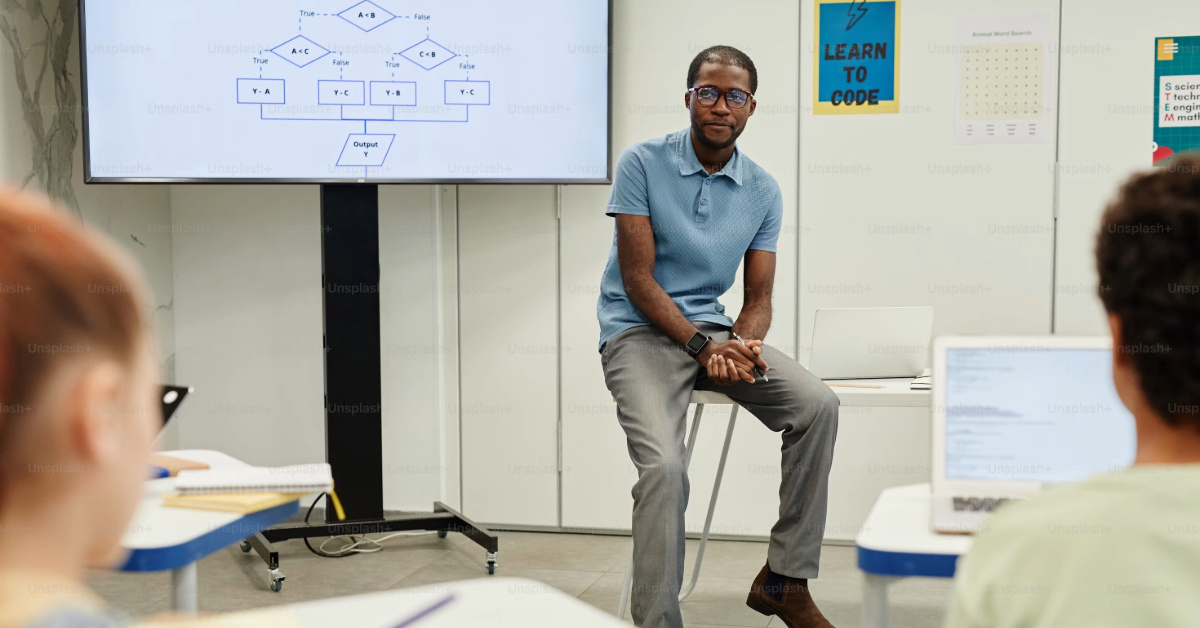
Jul 3, 2024 2:11:21 PM
The debate over 8th-grade algebra, primarily centered in California and New York, encapsulates a broader issue of educational equity. As a foundational subject, Algebra is critical for success in college and future careers, especially in STEM fields. It fosters higher-order thinking and problem-solving skills essential in today’s technology-driven world.
The argument that algebra is an unnecessary barrier implies that students of color cannot excel in advanced math, a damaging and unfounded notion. Research has long affirmed that students who pass Algebra 1 by 9th grade, for instance, are twice as likely to graduate high school and eventually earn higher wages.
Race and wealth undeniably influence access to rigorous coursework. Students in underserved communities often face underqualified teachers and lack resources. Addressing these inequities is crucial.
Programs like the Algebra Project, founded by Robert Moses, have demonstrated that students rise to the challenge when schools set high expectations and provide adequate support. Similarly, initiatives from Black Math Genius benefit students and parents by providing resources and information without lowering standards.
Some advocate for practical math alternatives, yet these often act as off-ramps from quantitative majors and lucrative careers. Educational equity requires challenging coursework that prepares students for all future possibilities. Lowering standards is a form of intellectual racism; it presumes that certain groups cannot achieve high academic goals. Instead, we must believe in the potential of every student and invest in their success.
Jo Boaler, a prominent voice in mathematics education, supports alternative pathways for math education. While her contributions to making math accessible are notable, I disagree with lowering standards or creating separate tracks. Universal access to algebra in the 8th grade should not be a privilege of the affluent. As Talia Milgrom-Elcott notes, excluding students from advanced math restricts them from high-growth, high-paying careers. This fact makes such access a civil rights issue. As Crombie from the Algebra Project states, if affluent students can master algebra early, so can all students with the right opportunities and support.
To close the academic gap, we urgently need rigorous, relevant coursework and dedicated resources to help teachers and students alike. Rather than lowering the bar, we must lift all students to meet it, ensuring that every child, regardless of background, can achieve their full potential in mathematics and beyond.
Assata Moore is educator and author who advocates for educating young Black children, using math as the driving force. She believes in the supreme intelligence of Black children because she has seen it time and time again. As a teacher and principal, she traveled the world teaching other teachers how to teach Mathematics, physics, and engineering in a fun and engaging way; effective leadership; and systems and strategies for running a successful school. She has a Mathematics degree from Michigan State University where she also served as the program coordinator. In 2009, she was voted one of the top Mathematics teachers in the state of Illinois and, under the Obama Administration, Assata received the Presidential Award for Excellence in Mathematics and Science Teaching. In 2015, under the direction of Michelle Obama, she revisited the White House for a college conference initiative. Her workshops and speaking engagements are what she calls, “EduAction”. You will be educated and you will put that learning into action.
Few issues in education spark more tension and debate than standardized testing. Are they a tool for equity or a burden on students? A necessary check on school systems or a flawed measure of...
Charter schools are public schools with a purpose. Operating independently from traditional school districts, they're tuition-free, open to all students, and publicly funded—but with more flexibility...
Despite the benefits of a diverse teaching force, prospective teachers of color fall out of our leaky preparation pipeline at every stage: preparation, hiring, induction, and retention. Here’s what...
Ed Post is the flagship website platform of brightbeam, a 501(c3) network of education activists and influencers demanding a better education and a brighter future for every child.
© 2020-2025 brightbeam. All rights reserved.
Leave a Comment